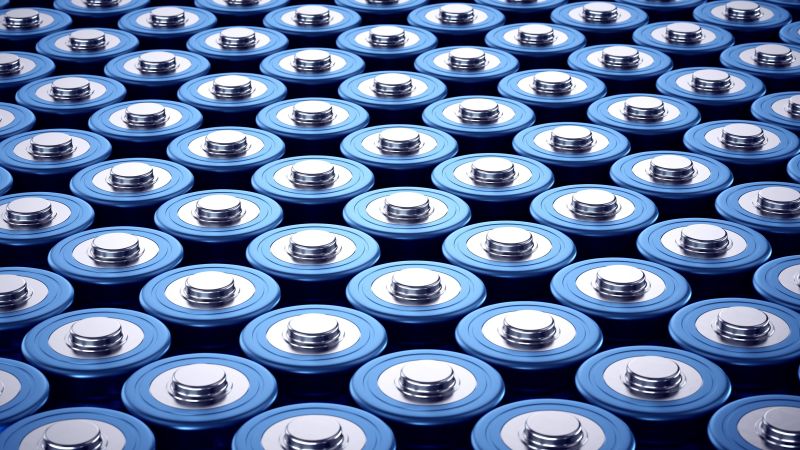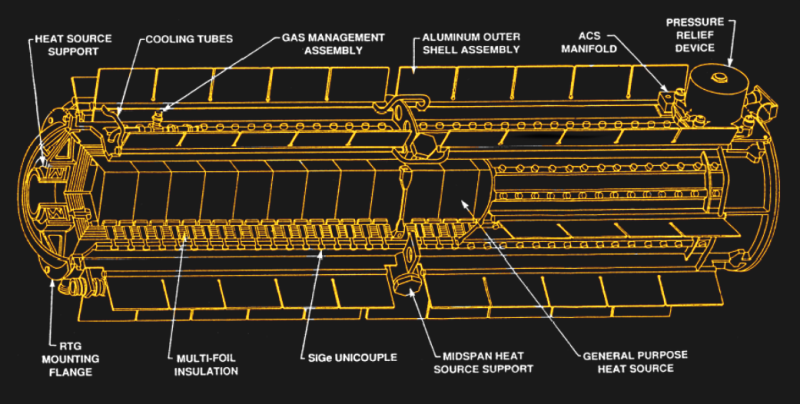

Battery Engineering Hack Chat Gets Charged Up
source link: https://hackaday.com/2022/12/16/battery-engineering-hack-chat-gets-charged-up/
Go to the source link to view the article. You can view the picture content, updated content and better typesetting reading experience. If the link is broken, please click the button below to view the snapshot at that time.
Battery Engineering Hack Chat Gets Charged Up

Turn the clock back a couple of decades, and the only time the average person would have given much thought to batteries was when the power would go out, and they suddenly needed to juice up their flashlight or portable radio. But today, high-capacity batteries have become part and parcel to our increasingly digital lifestyle. In fact, there’s an excellent chance the device your reading this on is currently running on battery power, or at least, is capable of it.
So let’s get to know batteries better. What’s the chemical process that allows them to work? For that matter, what even is a battery in the first place?
It’s these questions, and more, that made up this week’s Battery Engineering Hack Chat with Dave Sopchak. Our last Hack Chat of 2022 ended up being one of the longest in recent memory, with the conversation starting over an hour before the scheduled kickoff and running another half hour beyond when emcee Dan Maloney officially made his closing remarks. Not bad for a topic that so often gets taken for granted.
Dave Sopchak
Somewhat counterintuitively, the Battery Engineering Hack Chat actually started with a lively discussion about fuel cells — a subject Dave also has considerable experience with. Considering they powered the Apollo missions to the Moon back in the 1960s, you’d think by now they’d be built into the old Wagon Queen Family Truckster.
The reality is that we lack the hydrogen distribution network that would make such vehicles practical, but of course nobody is going to build that network unless there’s demand, so it’s something of a recursive problem. As for fuel cells powering our homes, Dave points out those units tend to run natural gas, making them unattractive considering the strong push towards renewable resources.
From there, the topic moves on to supercapacitors, which in turn leads to a discussion about what is and is not a battery. The average Hackaday reader surely knows that a capacitor and battery are conceptually similar in that they store energy, but the comparison ends there. As Dave explains, to be considered a true battery, there needs to be a chemical reaction. While we might not realize it, there’s actually quite a bit going on inside that nondescript lithium-ion pouch; the positive and negative electrodes will change their volume considerably when going from a discharged to charged state, a product of oxidation and reduction.
Dave goes on to say that the inherently dynamic nature of batteries is why he takes issue with so-called “solid-state batteries” that many hope will provide the next generation of portable power. A true solid-state component, that is a semiconductor device with no moving parts, would not experience changes in volume during use. So as the electrodes inside a battery experience oxidation or reduction, they cannot by definition be solid-state.
Dave says the “informal and ever expanding definition” of what makes a battery only serves to muddy the waters around the technology. As another example, the radioisotope “batteries” that power deep space probes and Mars rovers are more properly known as betavoltaics — in that they provide power not through a chemical reaction but through beta particles emitted from a radioactive source.
Don’t call this a battery when Dave Sopchak is around.
The Chat really covers a lot of ground, not all of it strictly related to battery technology, and makes for a fun read on a long winters night. We’d like to thank Dave Sopchak for stopping by and spurring on such a fascinating and lively discussion, closing the 2022 season of Hack Chats on a definite high note.
We’re currently putting together a slate of exciting hosts for 2023, and one of them could be you! If you’d like to be considered for a Hack Chat, simply fill out the application form and let us know what you’d like to talk about.
The Hack Chat is a weekly online chat session hosted by leading experts from all corners of the hardware hacking universe. It’s a great way for hackers connect in a fun and informal way, but if you can’t make it live, these overview posts as well as the transcripts posted to Hackaday.io make sure you don’t miss out.
Recommend
About Joyk
Aggregate valuable and interesting links.
Joyk means Joy of geeK

